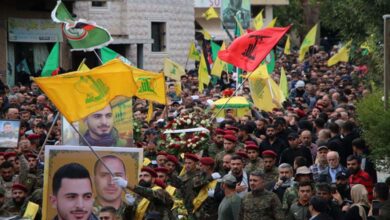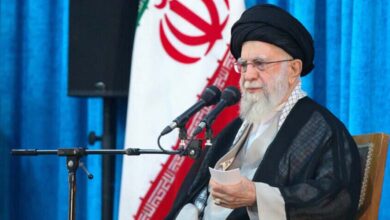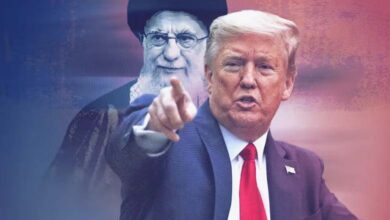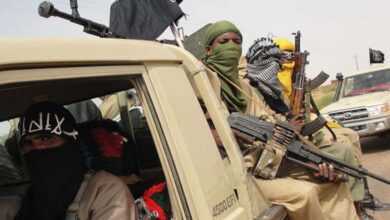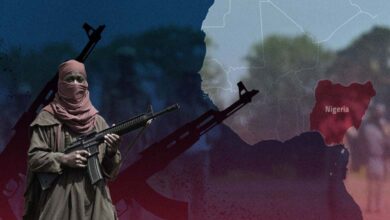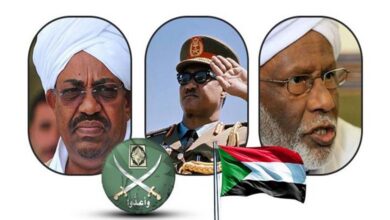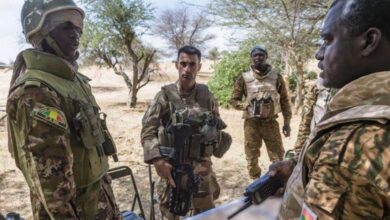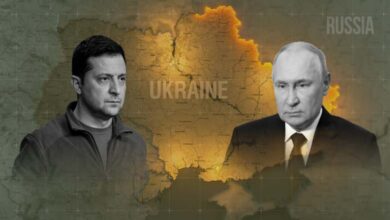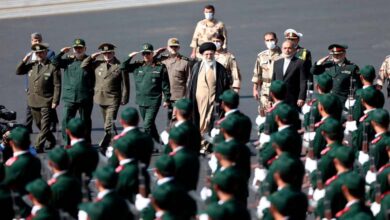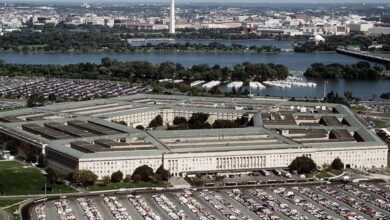Sudan army opens way for the formation of a civilian government
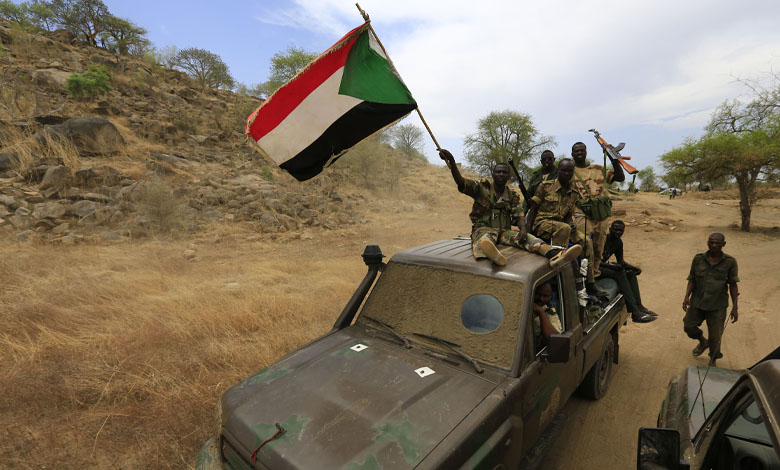
The head of the Sudanese army and the head of the ruling National Council of Sovereignty, General Abdel Fattah Al-Burhan, announced on Monday that the military institution will not participate in the national dialog in an effort to solve the political crisis in the country and to make way for the formation of a civil government.
Al-Burhan said in statements broadcast on state television that it was decided “the military institution will not participate in the negotiations currently under way (the National Dialog) to make way for political and revolutionary forces. The formation of a government of independent national competencies to complete the requirements of the transitional period”.
In recent weeks, the United Nations, the African Union, and the East and Central African Development Community, through the so-called “tripartite mechanism”, have pressed for direct dialog between military and civilians, but key opposition blocs such as the Forces for Freedom and Change and the Oumma Party have refused to engage in such dialog.
Al-Burhan said after the formation of a civilian government, “the Council of Sovereignty will be dissolved, and a Supreme Council of the Armed Forces will be formed, as well as a quick support to assume the supreme command of the regular forces. It will be responsible for security and defense tasks”.
Al-Burhan came as hundreds of Sudanese continued their sit-in for the fifth consecutive day in the streets of Khartoum and its suburbs to demand civilian rule and an end to the military coup carried out by the army chief last year.
Since the coup last October, 114 protesters have been killed, one of them on Saturday, after he was “shot in the head by a tear gas canister in the June 16 processions”, the Doctors Committee said in a statement.
“The right to express one’s opinion is guaranteed for everyone .. Your armed forces will not stand in its way”, he said. “As we show mercy to the martyrs, we regret the loss of lives on all sides.. Bring those involved in the taking of life to justice”.
This is the most significant step in the midst of a political deadlock, unrelenting protests and a wave of violence that has angered the international community, which has repeatedly demanded that the ruling military authorities stop using force against peaceful demonstrators.
The move comes as the military has lost significant leeway in the wake of Western threats to suspend financial aid to Sudan, and Washington has previously suspended aid of up to 750 million dollars.
The Sudan is facing an unprecedented financial crisis, which has worsened with the interruption of life due to daily social unrest. In order to resolve the crisis, Khartoum needs to calm and end the current crisis.
For the fifth day in a row, hundreds of Sudanese continue to sit in the streets of Khartoum and its suburbs to demand civilian rule and an end to the military coup carried out by the army chief last year.
Sudanese have been protesting almost every week against military rule, but since June 30, when demonstrators suffered the highest number of casualties in months, they have been holding sit-ins in the Bahri area north of Khartoum, in the city of Omdourman west of the capital and in front of al-Jawda hospital in central Khartoum.
Nine people were shot dead by security forces that day, according to the Central Committee of Sudanese Doctors Against the Coup, making it the deadliest since the beginning of the year.
The date of June 30 in Sudan is symbolic because it marks the 1989 coup of Omar el-Bechir, Sudan’s former president, against the democratically elected government backed by Islamists, as well as the anniversary of the 2019 mass rallies that led generals to involve civilians in government after the military overthrew el-Bechir.
But the military coup led by Al-Burhan on October 25, 2021, ended this partnership.


